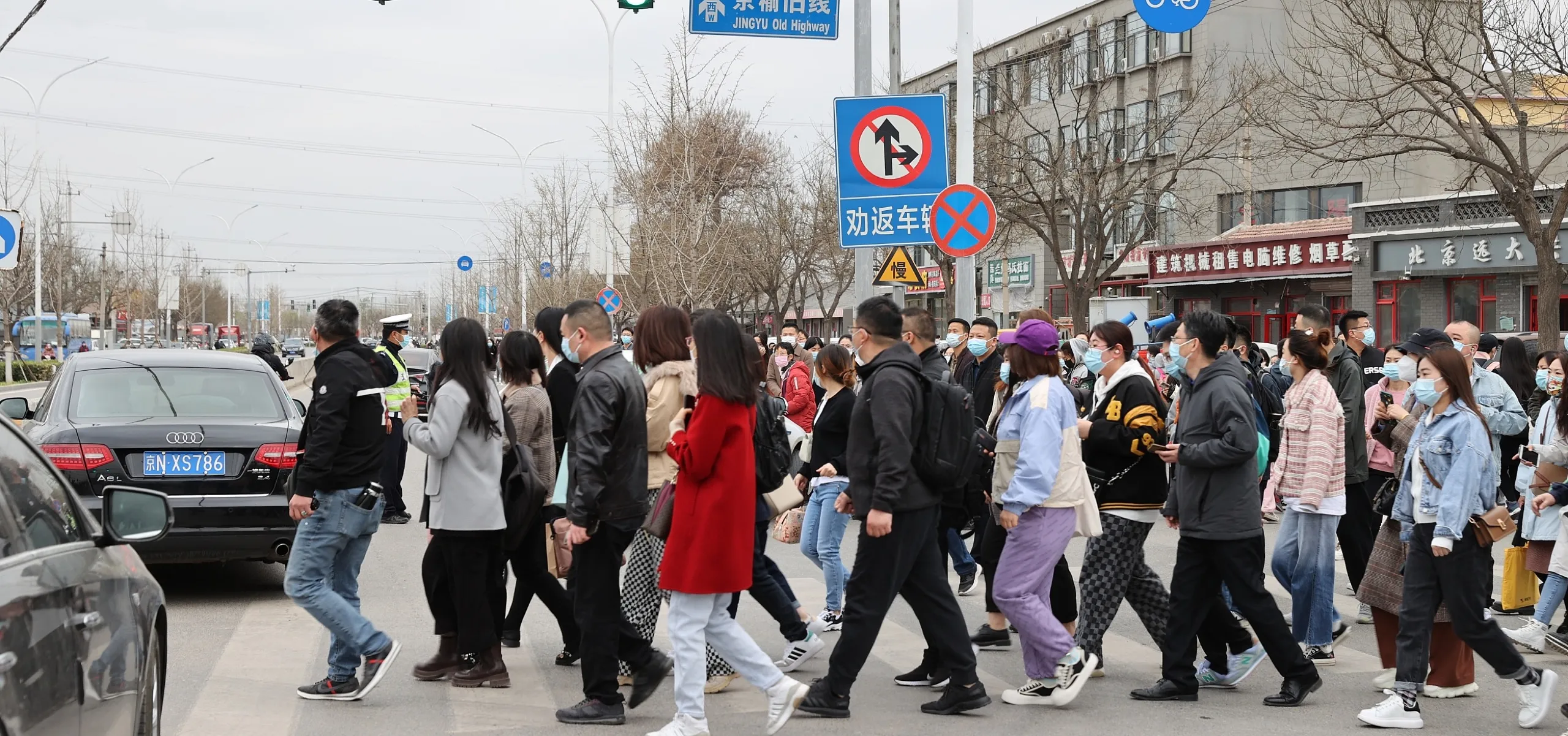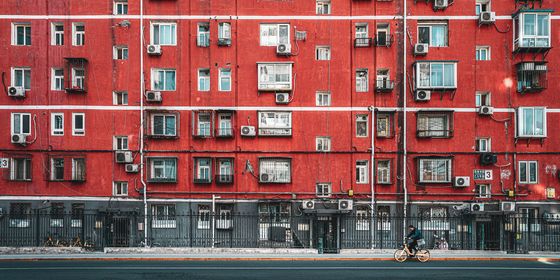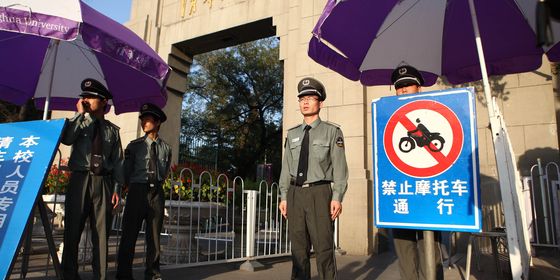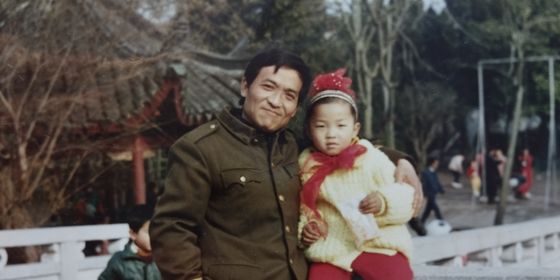Lockdowns and provincial border controls frustrate commuters of Yanjiao, a well-known satellite town of Beijing in Hebei province
Two years after she moved out of Beijing and into neighboring Hebei province to save money, Liu Han is now seriously considering paying more than double what she now spends in rent to move back to the capital—at least she’ll be able to go to work more regularly that way.
The 27-year-old originally from Sichuan province, who works in finance and asked to be identified by a pseudonym, claims she has spent less than a month in total working physically at her office in Beijing since the start of this year. Liu’s normally smooth 35-kilometer commute from her apartment in Yanjiao, a town in Hebei province, has been interrupted multiple times this year by pandemic-control measures that locked down neighborhoods, tightened checkpoints on the highway, and sometimes, barred all residents of the town from entering the metropolis across the Chaobai River.
The latest lockdown on Liu’s residential compound ended on May 4, “but it doesn’t matter to those of us who work in Beijing, because we still can’t enter the city,” Liu tells TWOC—referring to what she believes is a common experience among residents in her compound, largely inhabited by commuters like herself.
Less than 20 years ago, there was little other than farmsteads in Yanjiao, administered by the city of Sanhe in Hebei province. Since then, low costs and less restrictive property-ownership laws have attracted an estimated half a million commuters who own or rent homes in Yanjiao while crossing provincial lines to work in Beijing, often daily or weekly.
Until the pandemic, it was a 30-minute drive to Beijing’s CBD in good traffic, or about an hour’s journey by bus to connect up with Beijing’s subway system (though it’s still not for the faint-of-heart, as buses could be standing-room only or require drowsy commuters to queue at 5:30 a.m. to avoid traffic). In the evening, one can make the reverse journey, or catch various ride-sharing or illegal taxi services via WeChat (or touts outside the subway station at Guomao). But for the last two-and-a-half years, even the most determined commuters are finding it’s too high a price for their Beijing dreams.
Liu’s daily commute to work, consisting of catching a bus and transferring to the subway, used to take an hour and 40 minutes each way; but since the pandemic began, it can take up to 3 hours–and that’s when regulations allow her into the capital at all.
The rules are complex, subject to change according to the severity of an outbreak, and vary depending on the direction of the crossing. When crossing from Yanjiao to Beijing in the morning, every person on the bus (which can fit up to 50) has to get out and have their epidemic documents checked: ID, a green “travel code” on their mobile phone, and a negative nucleic-acid test result, either within the past 48 hours or two weeks. A return journey to Yanjiao used to require a negative test result obtained within 48 hours, but now requires the inspection of a commuter pass and a green travel code. Both sides take time, forming huge queues.













